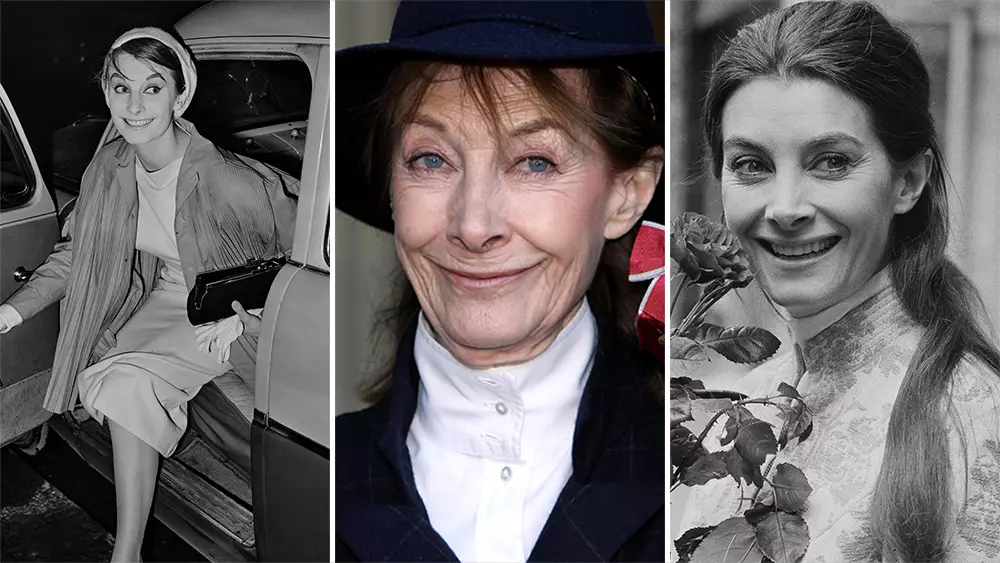The world mourns the loss of Jean Marsh, an iconic figure in the realm of television and an accomplished actress whose impact transcended generations. Marsh, who passed away at the age of 90 due to complications from dementia, was not just a performer; she was a visionary whose work would lay the groundwork for modern British drama. Her passing was confirmed by her close friend Michael Lindsay-Hogg in an interview with the New York Times, further solidifying the significant void left in the entertainment industry.
Creating Television History
Perhaps one of her most notable contributions to television was the creation of the groundbreaking series *Upstairs, Downstairs*, which burst onto the scene in the early 1970s. The show beautifully wove the complexities of class and societal change in Edwardian England, capturing the zeitgeist of an era. It illuminated the lives of the affluent Bellamy family alongside the diverse kaleidoscope of their servants, intertwining personal stories with the tumultuous backdrop of historical events. In the role of Mrs. Rose Buck, Marsh delivered a performance that was both poignant and relatable, eventually winning the Emmy for Lead Actress in 1975—an achievement she well deserved.
The series, which aired from 1971 to 1975, paved the way for future British dramas, including the immensely popular *Downton Abbey*. Yet, what separates *Upstairs, Downstairs* from its successors is its unflinching portrayal of the socio-economic divides that plagued the time. Marsh’s talent was not just in acting but also in her insight as a co-creator, which showcased her desire to tell compelling stories that resonated with the public.
A Multifaceted Career
Beyond *Upstairs, Downstairs*, Marsh’s career was a rich tapestry of performances in various roles that spanned television, film, and theatre. Her early work included appearances in classic series such as *The Twilight Zone* and *Doctor Who*, cementing her status as a versatile actress. Jean’s filmography is peppered with productions that not only entertained but also challenged societal norms—from Alfred Hitchcock’s psychological thriller *Frenzy* to the whimsical *Return to Oz*, her versatility was compelling.
Moreover, her role as co-creator of *The House of Eliott* demonstrated her deep understanding of women’s issues and fashion in the 1920s, allowing her to bridge the gap between historical narratives and contemporary concerns. Such creative direction was pivotal in an industry that often relegated women to the periphery.
The Spirit of Resilience
Marsh’s personal journey was not devoid of struggle. In 2011, shortly after the revival of *Upstairs, Downstairs*, she suffered a stroke and heart attack. However, her indomitable spirit shone through; she articulated her optimistic worldview in interviews, relishing the simple beauty of life—from the joy of seeing a “knobbly carrot” to her enduring wonder at human stories. These sentiments reflect not only her growth as an individual but her connection to the world around her, echoing the very essence of her characters.
Her passing serves as both a moment of grief and a celebration of an extraordinary life filled with creativity, resilience, and laughter. The legacy of Jean Marsh will undoubtedly remain an inspiring touchstone for future generations of artists and storytellers.


Leave a Reply